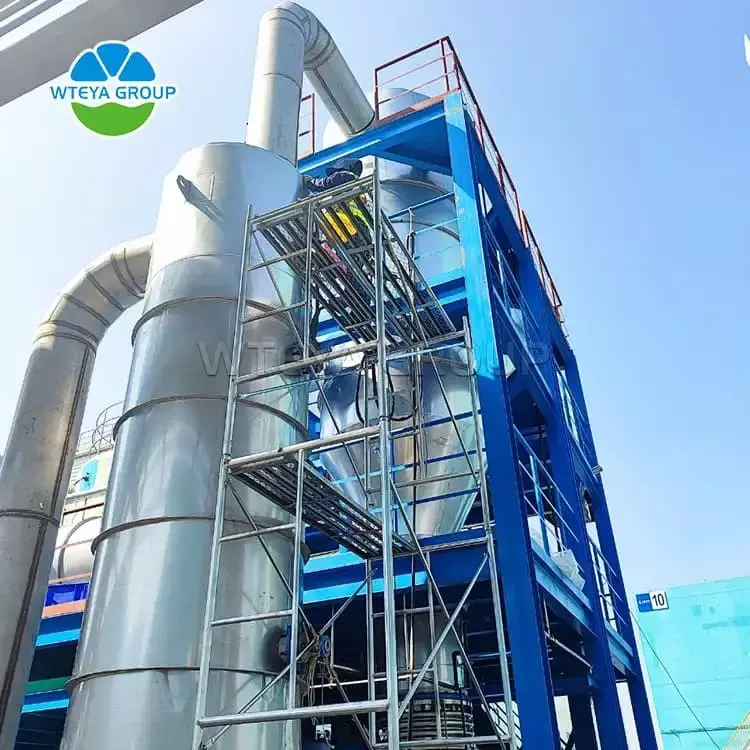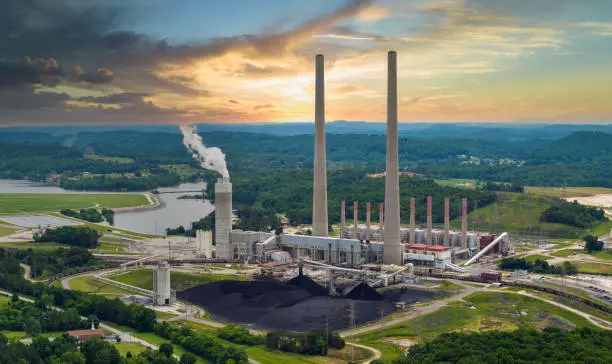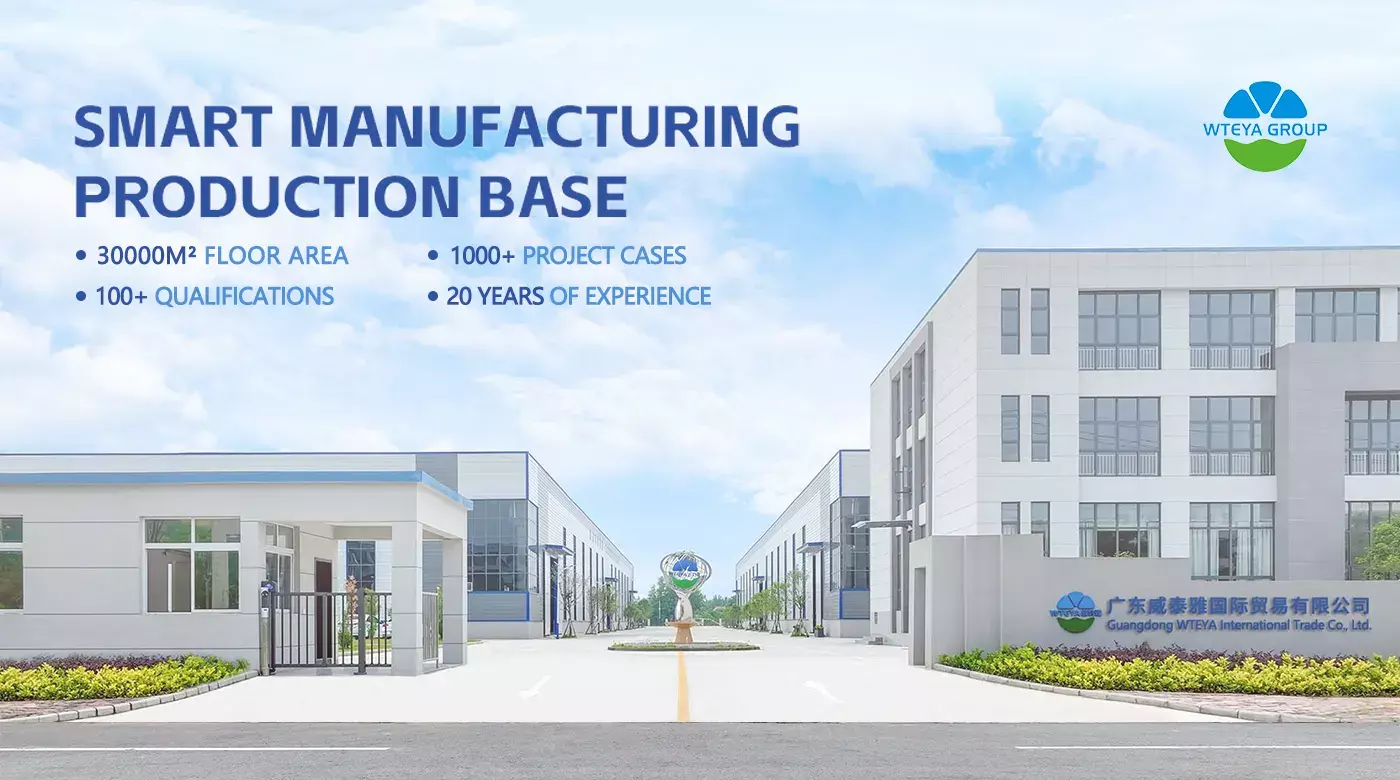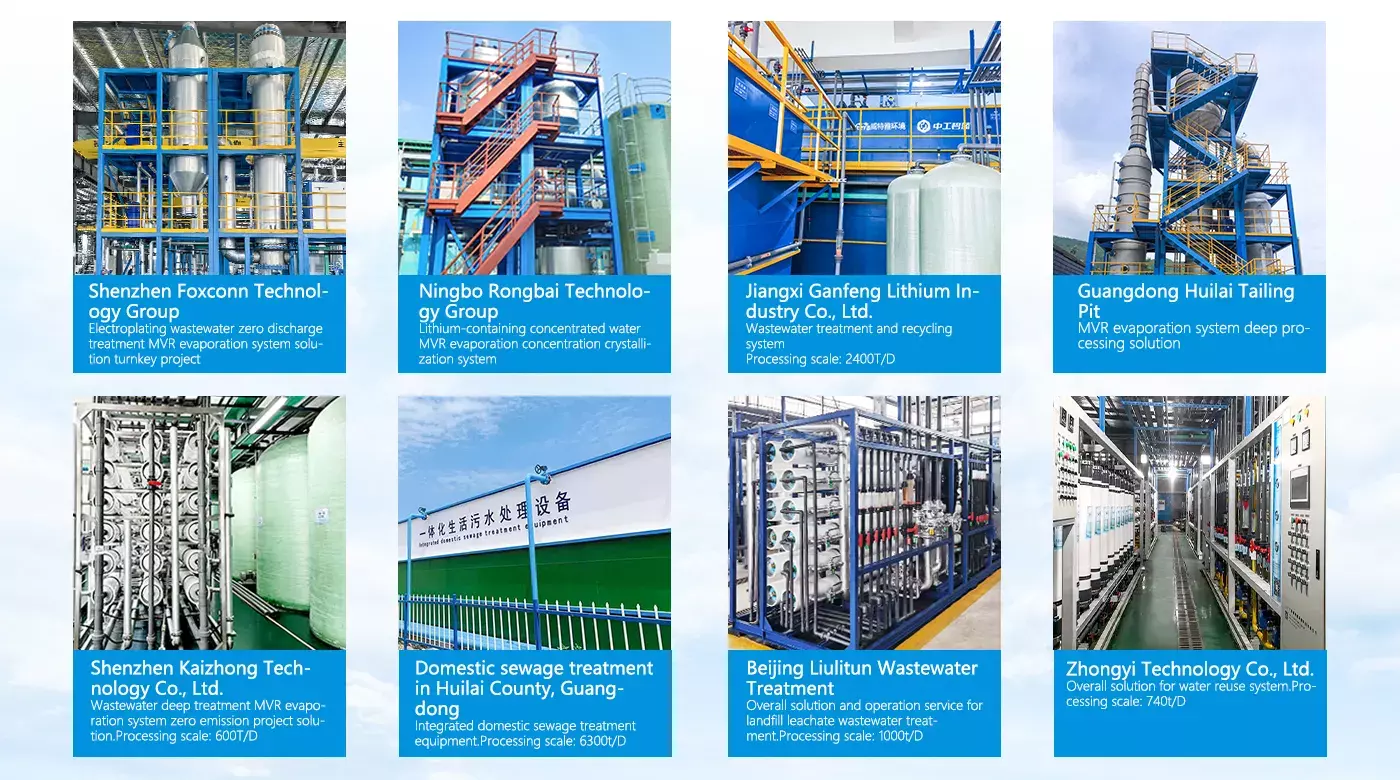How MVR Systems Support China’s “Dual Carbon” Goals: A New Pathway for Industrial Emission Reduction?
As China advances its national strategies of carbon peaking and carbon neutrality, industrial enterprises are accelerating their transition toward green and low-carbon operations. In energy-intensive sectors, thermal energy recovery and resource reuse have become essential to reducing emissions. Among the most efficient technologies available, Mechanical Vapor Recompression (MVR) systems stand out for their energy-saving, stable, and low-carbon performance. Today, MVR evaporators have become a core component in helping enterprises achieve their “dual carbon” targets.
WTEYA, as a leading provider of customized evaporation system solutions, is committed to delivering high-performance and low-energy MVR systems. With successful deployments across chemical, pharmaceutical, food, and environmental industries, WTEYA provides strong technical support for corporate energy saving and emissions reduction.

How MVR Systems Work and Achieve Energy Efficiency
At the core of MVR systems is the concept of reusing secondary steam generated during evaporation. A mechanical compressor increases the pressure and temperature of the steam, allowing it to serve as a heat source for subsequent evaporation cycles—dramatically reducing external steam consumption.
Operation Workflow:
-
The feed liquid is preheated and enters the evaporator, generating both primary and secondary steam.
-
Secondary steam is compressed mechanically to raise its enthalpy (temperature and pressure).
-
The compressed steam is reused as a heat source for further evaporation.
-
Steam condenses into water, while the concentrate is discharged from the system.
By replacing external thermal energy with recycled steam, MVR systems establish a closed-loop energy cycle, significantly lowering total operating energy consumption.
Compared to traditional multi-effect evaporators, MVR systems consume only 1/3 to 1/5 of the energy, with specific energy use as low as 15–40 kWh per ton of evaporation, enabling long-term, stable, and efficient operations.
MVR Systems and the Dual-Carbon Strategy
1. Significant Reduction in Carbon Emissions
Traditional thermal systems rely on fossil fuels such as coal or natural gas, resulting in high carbon emissions. MVR systems reduce boiler steam demand by recycling their own vapor, drastically cutting CO₂ at the source. When powered by clean energy (e.g., solar or wind), MVR systems can even achieve near-zero carbon operation.
2. Reduced Energy Intensity
Conventional multi-effect evaporation typically consumes 0.8–1 ton of steam per ton of water processed. MVR systems reduce this to the energy equivalent of only 0.05–0.1 tons of standard coal, delivering energy savings of up to 70%–90%. For large-scale applications, this translates into substantial long-term energy and cost savings.
3. Green Compliance and ESG Alignment
MVR systems contribute positively to national green factory assessments, environmental audits, and ESG metrics. Enterprises using MVR technologies benefit from easier compliance, access to green financing, government incentives, and carbon asset recognition.

WTEYA’s Technical Advantages in MVR Solutions
WTEYA brings years of experience and engineering excellence in MVR systems, delivering tailored solutions that are energy-efficient, reliable, and scalable.
✅ Key Technology Highlights:
-
High-Efficiency Compressors: Low-noise, high-efficiency steam compressors ensure energy savings and operational stability.
-
Smart Control Systems: PLC+HMI automated controls enable closed-loop regulation of temperature, pressure, and concentration.
-
Superior Thermal Recovery: Over 90% thermal reuse efficiency for secondary steam.
-
Modular Design: Skid-mounted or containerized structures for easy installation and adaptability to various plant environments.
-
Remote Monitoring: Integrated SCADA systems allow predictive maintenance and remote diagnostics.
✅ Industry Applications:
-
High-salinity and high-concentration wastewater reduction (e.g., chemical, electroplating, landfill leachate)
-
Concentration of food, dairy, and pharmaceutical liquids
-
Treatment of waste liquids in biopharma and agrochemical industries
-
Core systems for industrial park zero-discharge wastewater solutions
WTEYA’s MVR evaporators serve as key enablers of sustainable operations and low-carbon manufacturing. They empower enterprises to build truly intelligent, efficient, and environmentally friendly green factories.
Why Choose WTEYA?
With over 16 years of industry experience, WTEYA has built a strong reputation for delivering reliable, high-efficiency water treatment systems. We’ve successfully implemented MVR projects for major enterprises such as Foxconn, Huawei, Ganfeng Lithium, and RONBAY Technology, with over 100 project cases worldwide.
We support both OEM and ODM customization to meet your unique process and operational needs.

WTEYA Is Recruiting Global Distributors!

Join our network! As a trusted brand, WTEYA offers:
-
Competitive distributor policies
-
Hands-on training & marketing support
-
Full technical assistance for sales and after-sales
📧 Email: info@wteya.com
📱 WhatsApp: +86-1800 2840 855
Let us help you achieve unparalleled water treatment performance and move toward a greener future.







